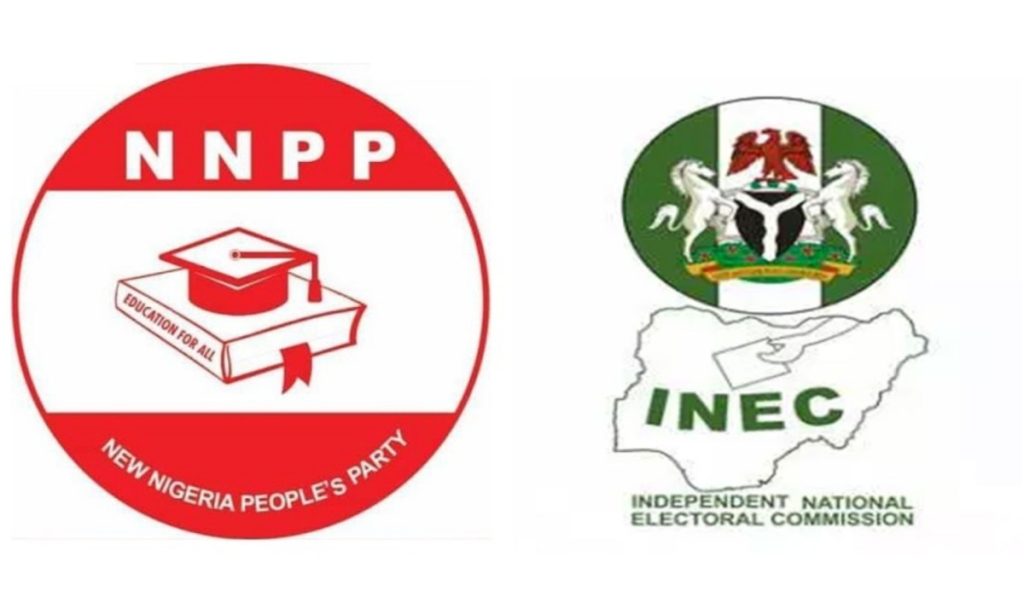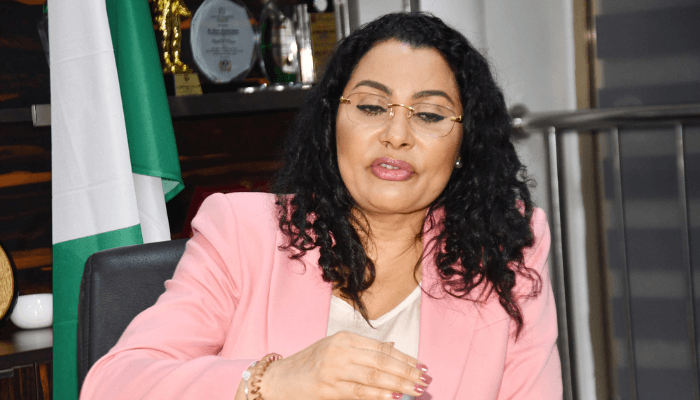Double Standards in Election Criticism: A Look at Venezuela and Mozambique
The United States and European Union have been vocal in their criticism of the recent presidential election in Venezuela, with US Secretary of State Antony Blinken stating that there was "overwhelming evidence" that Edmundo González won, and EU foreign policy chief Josep Borrell announcing that the European Council had decided that Nicolás Maduro had no democratic legitimacy as president. However, a closer look at the election process in Mozambique reveals that similar criticisms have been levied against the country’s electoral body, the National Electoral Council (CNE), without any similar backlash from the international community.
In Mozambique, the CNE has a history of not publishing detailed voting tallies and records of each polling station, with the last such publication dating back to 2009. The tallies of 2014 were given to the international community, but not published in Mozambique. No detailed tallies have been available since then. Borrell’s statement calling for maximum transparency in the Venezuelan election process is ironic, given that Mozambique has long been criticized for its lack of transparency in its electoral process.
Furthermore, the Constitutional Council (CC) in Mozambique has the power to change results in secret and does not keep any record of those changes, making it impossible to verify the results. This has been the case since the first multiparty election in 1994. In contrast, Blinken’s statement about the Venezuelan election process highlights the lack of transparency and the inability to verify the results, yet Mozambique’s electoral process has been criticized for similar issues without any similar backlash.
The case of Renamo, the main opposition party in Mozambique, is particularly striking. In the 2022 election, Renamo gave the official polling station editais (tally sheets) to the CIP, which showed that Renamo had won in several districts, including Maputo and Matola. However, the CNE declared Frelimo the winner, and there was no statement from the US or EU condemning the election results. In contrast, the US and EU have been quick to criticize the Venezuelan election results, despite similar issues with transparency and verification in Mozambique.
The question remains whether the US and EU will apply the same standards in Mozambique as they have in Venezuela. Or will global politics play a role in determining the level of scrutiny applied to each country’s electoral process? The answer lies in the fact that Venezuela has significant oil and gas reserves, and the US has imposed sanctions on the country. Venezuela has also gained support from US company Chevron, as well as Iran and China. Mozambique, on the other hand, has important gas reserves, but they are controlled by US, French, Italian, and South African companies. Do countries only have to produce detailed electoral results if they also control their own resource sector?



